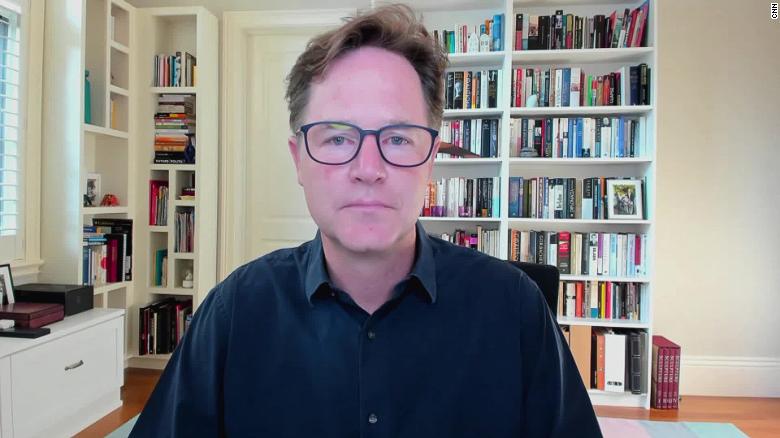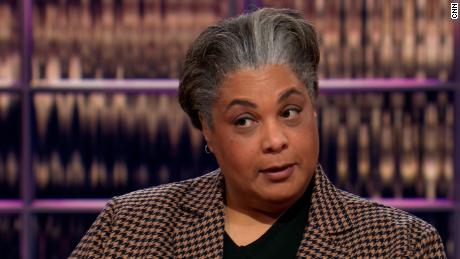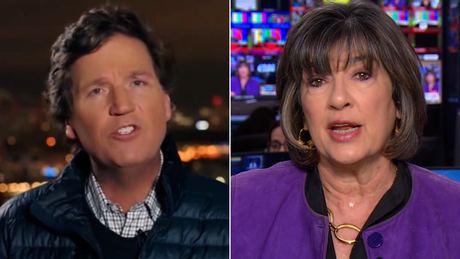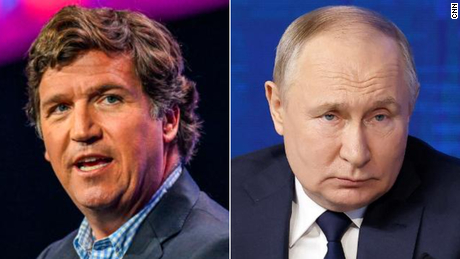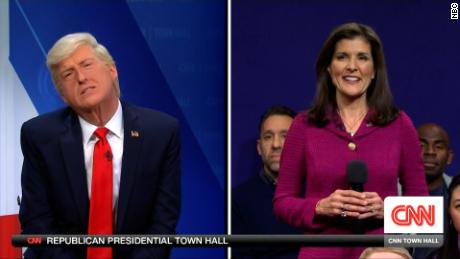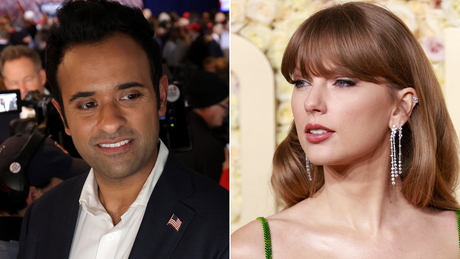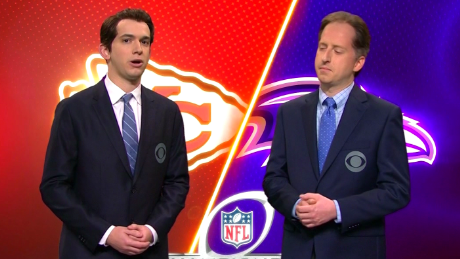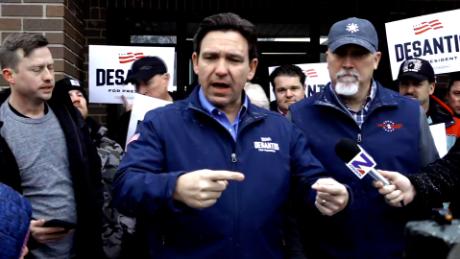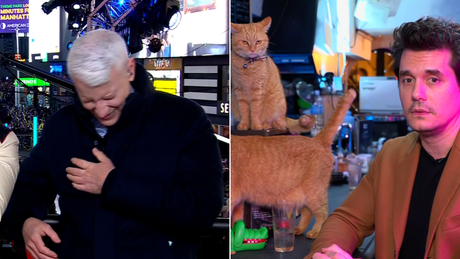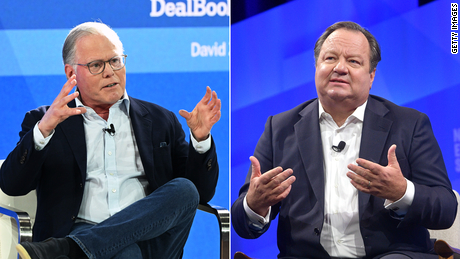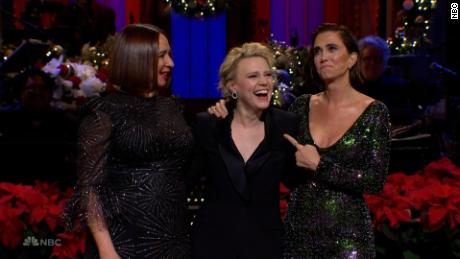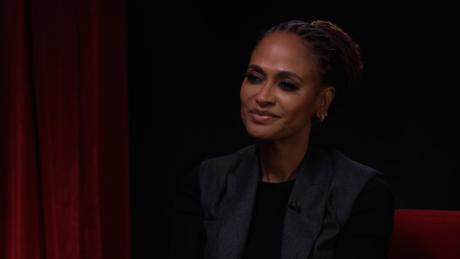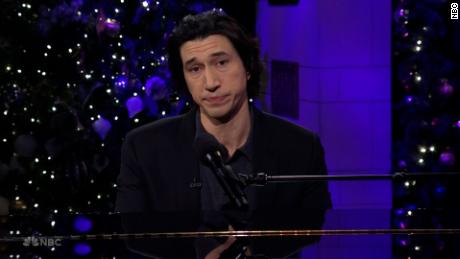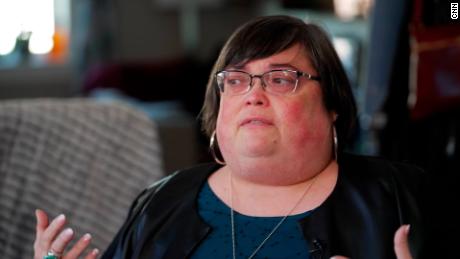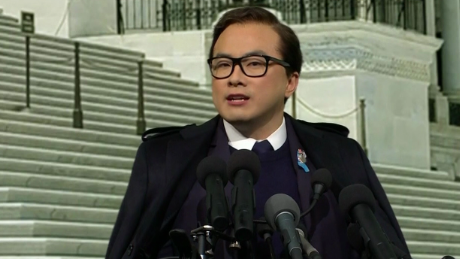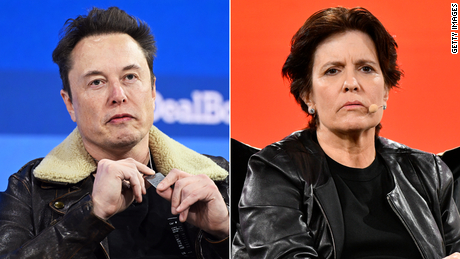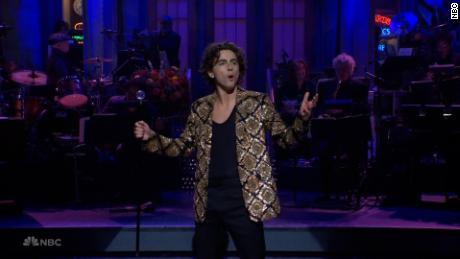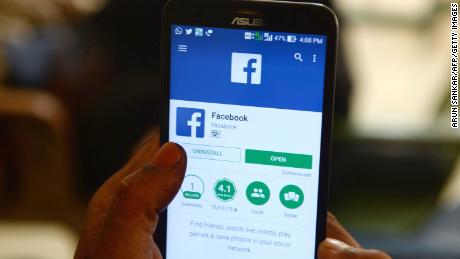London (CNN Business)Facebook, YouTube and Twitter have agreed to allow outsiders to audit how they handle harmful content such as hate speech following boycotts of their platforms by major advertisers.
The World Federation of Advertisers (WFA) announced a deal on Wednesday that will see the platforms adopt common definitions and reporting standards for harmful content.
The agreement, which has taken more than a year to negotiate, requires social media platforms to undergo an independent audit of how they are categorizing, reporting and eliminating harmful content to ensure it doesn't appear next to advertisements. The goal is to conduct these reviews by the end of the year, or have a plan in place to implement them.
The platforms will also be required to develop systems that give advertisers more control over the type of content that their brands appear alongside.
"As funders of the online ecosystem, advertisers have a critical role to play in driving positive change and we are pleased to have reached agreement with the platforms on an action plan and timeline," WFA CEO Stephan Loerke said in a statement.
Advertisers have complained for years about their ads showing up alongside racist or violent content on social media. Google's (GOOGL)YouTube faced a big walkout by advertisers last year. But concern increased following the killing of George Floyd, and in July, dozens of the world's biggest companies joined a month-long boycott of Facebook (FB) over what campaign organizers described as its repeated failures to address hate speech and misinformation.
The deal announced Wednesday was negotiated through the Global Alliance for Responsible Media, which the WFA launched last year as a way to lobby social media platforms to do more to tackle the spread of hate and misinformation online.
It covers 11 broad topics, ranging from explicit sexual content and crime to drug use, piracy, arms and ammunition and "sensitive social issues." A brand safety "floor" is established for each area, which details when the content would be unsuitable for adjacent advertising, such as the excessive use of profane language.
The areas are then graded according to risk, which could in some cases allow for advertising to appear such as when it relates to news articles or educational material on the topic.
Unilever (UL) and Mars, which joined the boycott of Facebook, said that the agreement marks significant progress towards making social media safer, but will depend on the actions taken by platforms to uphold their end of the bargain.
"This is not a declaration of victory," global responsible marketing officer at Mars, Jacqui Stephenson said in a statement. "There is much work to be done and we rely on all of our platform partners to follow through on their commitments with the pace and urgency these issues demand."
"While change doesn't happen overnight, today marks an important step in the right direction," added Luis Di Como, Unilever's executive vice president for global media.
Facebook's vice president for global marketing solutions, Carolyn Everson, on Wednesday described the agreement with advertisers as an "uncommon collaboration" that gives the industry a "unified language to move forward on the fight against hate online."
While the boycott of Facebook in July did little to dent its revenue, which is derived mostly from millions of small businesses, it did undermine the company's reputation and force it to address the issue.
A spokesperson for Unilever, whose brands include Ben & Jerry's and Dove, said that its previous decision to pull US advertising from Facebook, Instagram and Twitter (TWTR) would remain in place until the end of the year.
The news comes a week after celebrities including Kim Kardashian West, Kerry Washington and Leonardo DiCaprio boycotted Instagram for a day to protest parent company Facebook's handling of hate and misinformation. The action was led by the same civil rights groups that pushed for the July boycott.
One of the groups, the Anti-Defamation League, said that Wednesday's announcement is an "early step" but shows what can be achieved through collective action like the advertising freeze. "These commitments must be followed in a timely and comprehensive manner, to ensure they are not the kind of empty promises that we have seen too often from Facebook," the organization's CEO Jonathan Greenblatt said in a statement.
